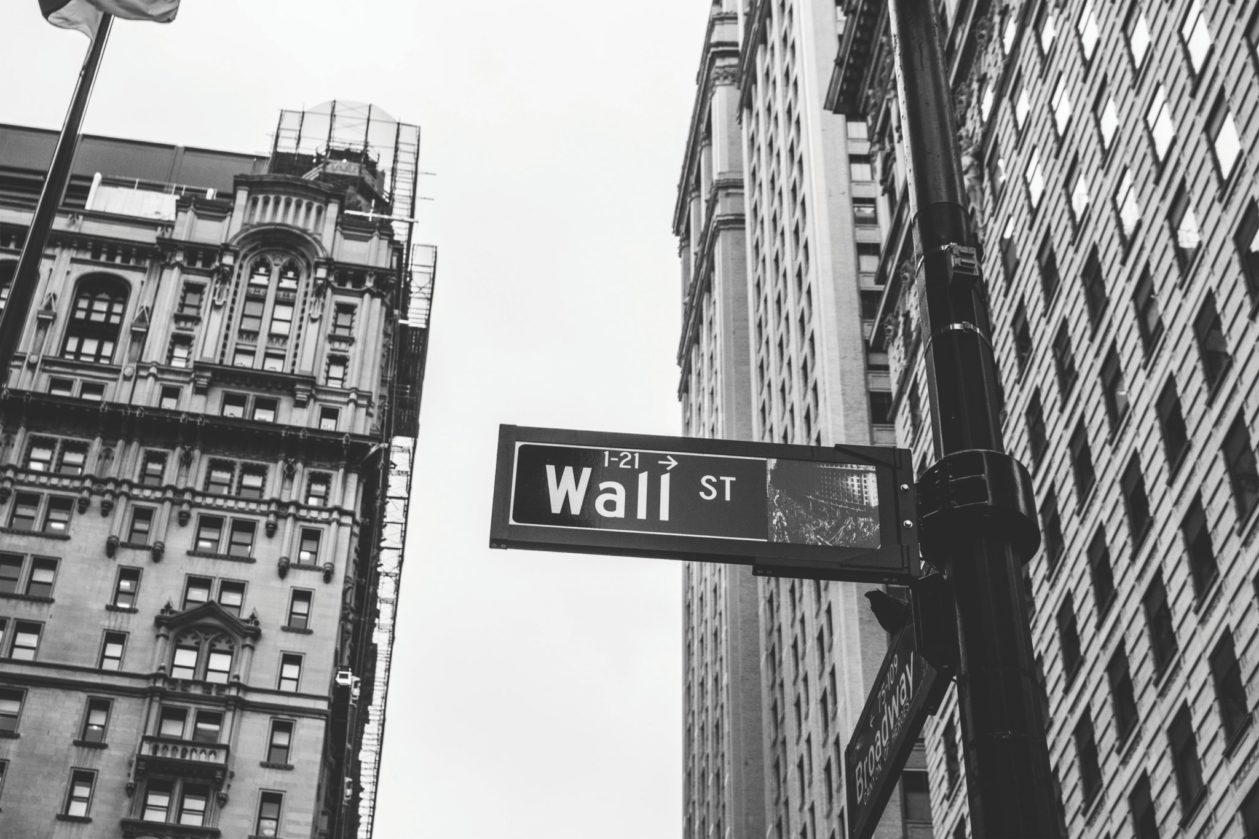Larry Summers and Bob Diamond
To kick off day two of Health + Wealth of America, Lawrence H. Summers, president emeritus of Harvard, was interviewed by Bob Diamond, CEO of Atlas Merchant Capital. “This will be a moment historians in 2200 points back to when they look at our era,” Summers said, suggesting 2020 could be remembered like 1914, 1940, 1929 or 1776 because of how much dramatic change this year has ushered in. 2020 has obviously pushed digital transformation forward, as well as at-home working and e-commerce. With this, we’ve seen an increase in consumer spending, something policymakers need to keep in mind for the next stimulus package. And it’s going to help us achieve economic recovery. Summers said it will be important to balance “the reduction in fiscal policy with the increased consumer spending.” He also notes that we should be wary of declaring false dawns and raising taxes prematurely, as that could prevent the economy from bouncing back fully.
Steve Case
When CEO and co-founder of AOL Steve Case left the online giant in 2005, he wanted to “back the next generation of entrepreneurs.” That led him to found investment firm Revolution. “I was less interested in starting another company myself. I was more interested in partnering with, mentoring and investing in a new generation of entrepreneurs,” Case explained. Three years ago Revolution launched the Rise of the Rest Seed Fund, which now has two funds invested in 150 companies in over 70 cities and is backed by many of the most iconic entrepreneurs and investors in America.

The goal? To drive economic growth and job creation across the country, aiming to level the playing field for those not located in New York or Silicon Valley. Over 75 percent of venture capital dollars go to only three states–New York, California and Massachusetts. “There’s a big disparity in terms of where that capital goes,” Case pointed out. “And therefore, a big disparity in terms of where startups start and scale and therefore a brain drain in many parts of the country.” Perhaps one silver lining that could come out of the pandemic, Case predicts, is that this “brain drain” might reverse, lifting disparate cities up and helping them rise again faster. Case emphasized that the data shows that the lion’s share of new-job-creation in the U.S. is done by newly-formed companies, not by either small businesses or giant ones. So we need more startups, in more places.
Anthony Scaramucci
This now-estranged ally of President Trump called his Twitter feed “a cross between a Russian bot and a middle-school bully.”
The founder of SkyBridge Capital had a short-lived stint as White House Communications Director, which propelled him into the national spotlight. He also manages a giant hedge fund and is well-known as a Wall Street sage. (He even runs his own giant financial conference called SALT, in normal times, each year in Las Vegas.) Now he says we’re in the midst of a culture war. “The reason why the president has so much support, frankly, is there’s a very large group of the population that see him as the last white man standing to prevent what will be the radical left coming up over the transom, overwhelming the culture and changing the society.” Regarding the upcoming election, “I’m not smart enough to tell you who’s going to win, and I’m not dumb enough, frankly, to tell you to rule him out. I think you have to see this thing through November 3 and see what happens. But it does feel like he’s going to lose the election by fairly sizable numbers.”
Sallie Krawcheck
When women have more money, it’s good for everyone, but Wall Street has been reluctant to take any action on diversity and inclusion. According to Ellevest CEO and cofounder Sallie Krawcheck, this is because the industry has been built around unconscious bias. “Why have [women and minorities] been marginalized [from the investment space]? Not for the reasons that so many of us say…I’ve spent my life helping women invest. It’s not because women are risk averse. It’s not because we’re not good at math. It’s not because we’re not good investors. It’s not because we need more financial education, though we do, but so do men.” Krawcheck continued: “It’s because the industry itself has been so overwhelmingly white male. They built a business that appealed to themselves, rather than building businesses that were inclusive of everyone.”

So how do we get Wall Street to change? Choose wisely where you spend your money. “Everything I do with my money is a vote,” says Krawcheck. “As… data becomes more available, as we understand what we’re voting for and shift our money to companies that align with us, I think that could be the thing [that sparks change]. Because one thing Wall Street understands is money.”
This story was originally published on Techonomy.







